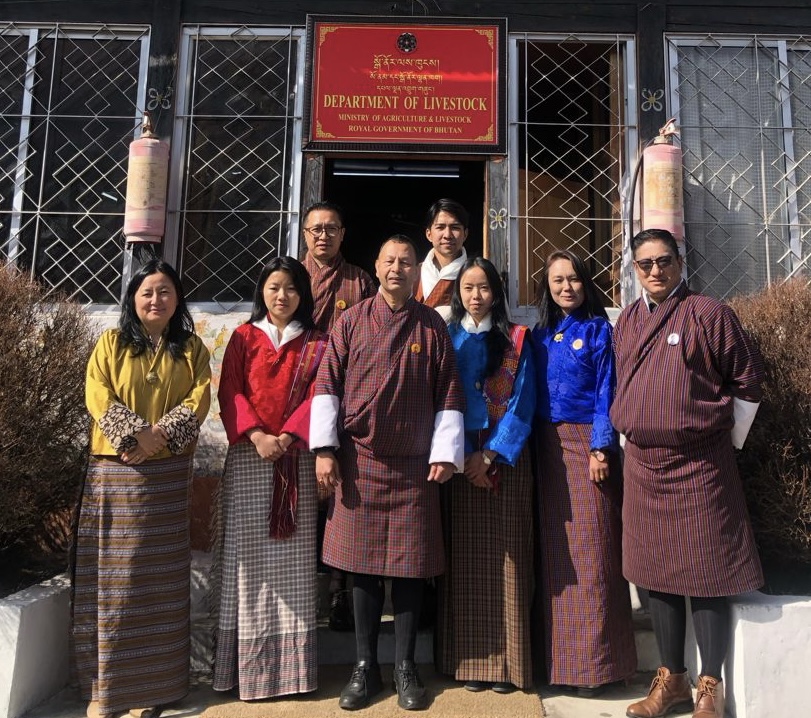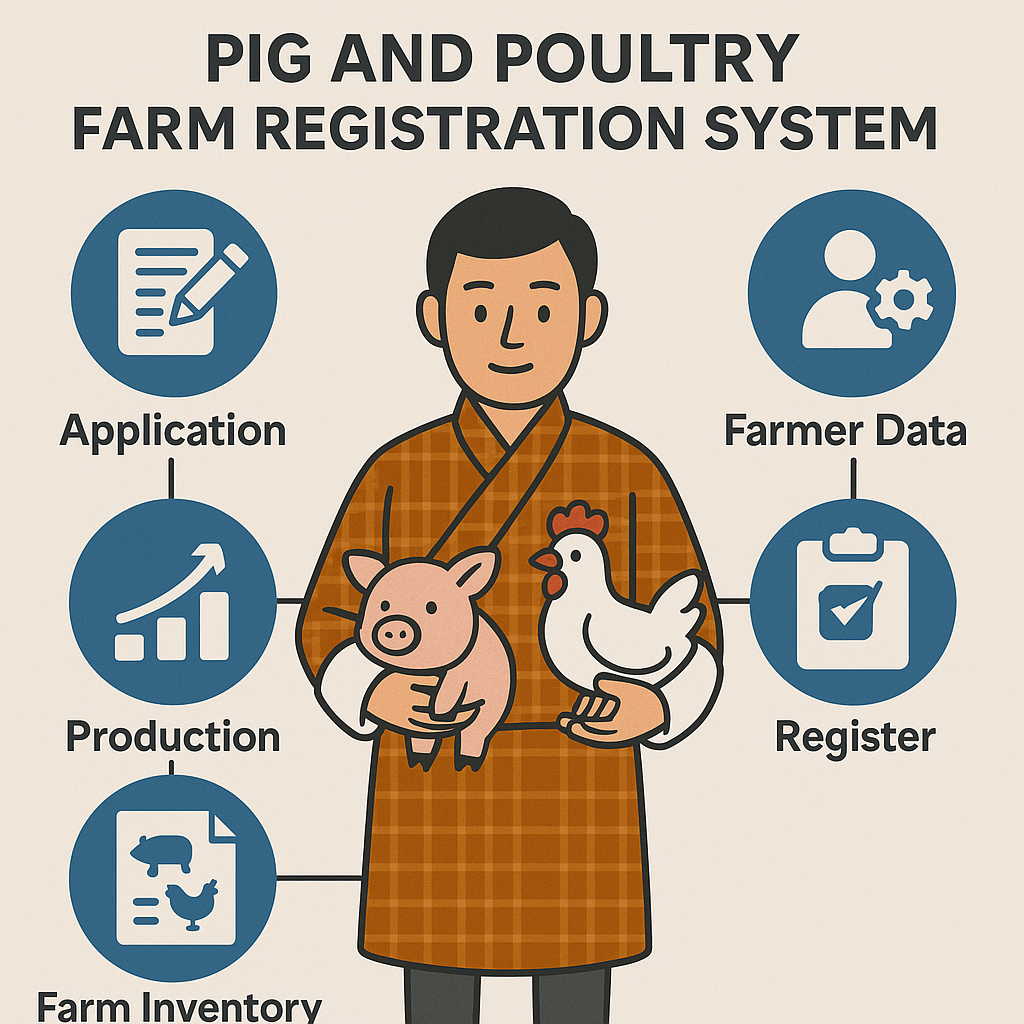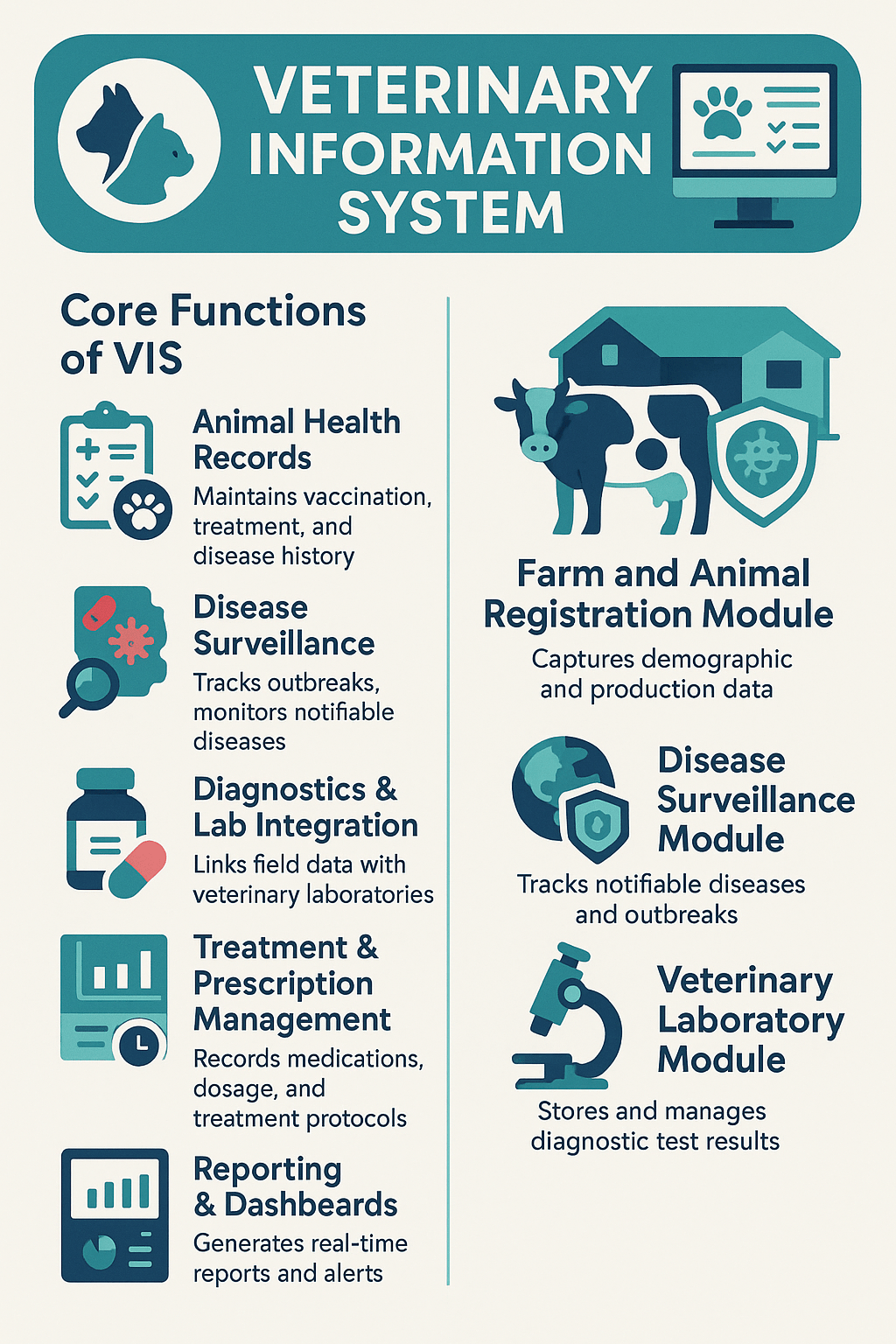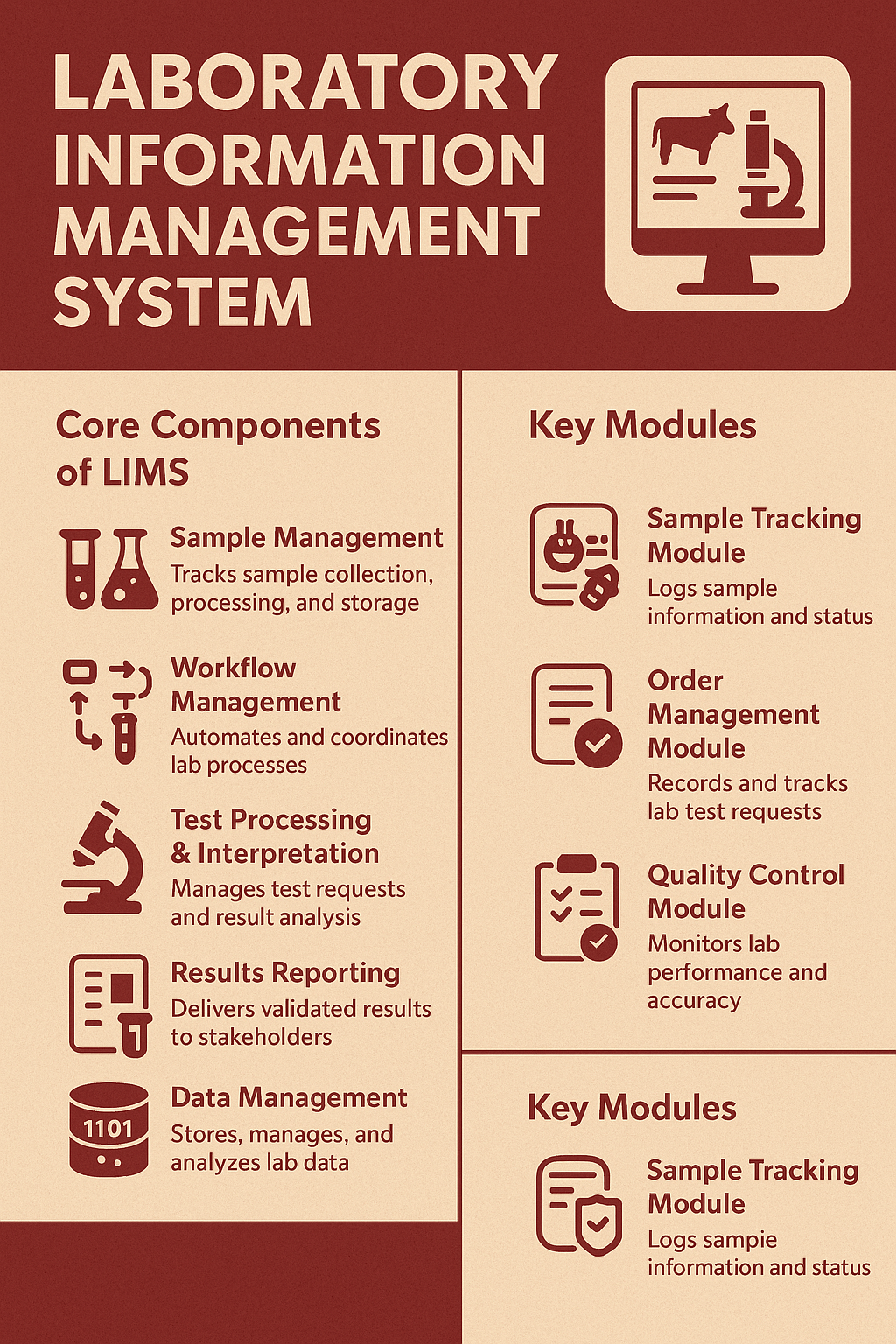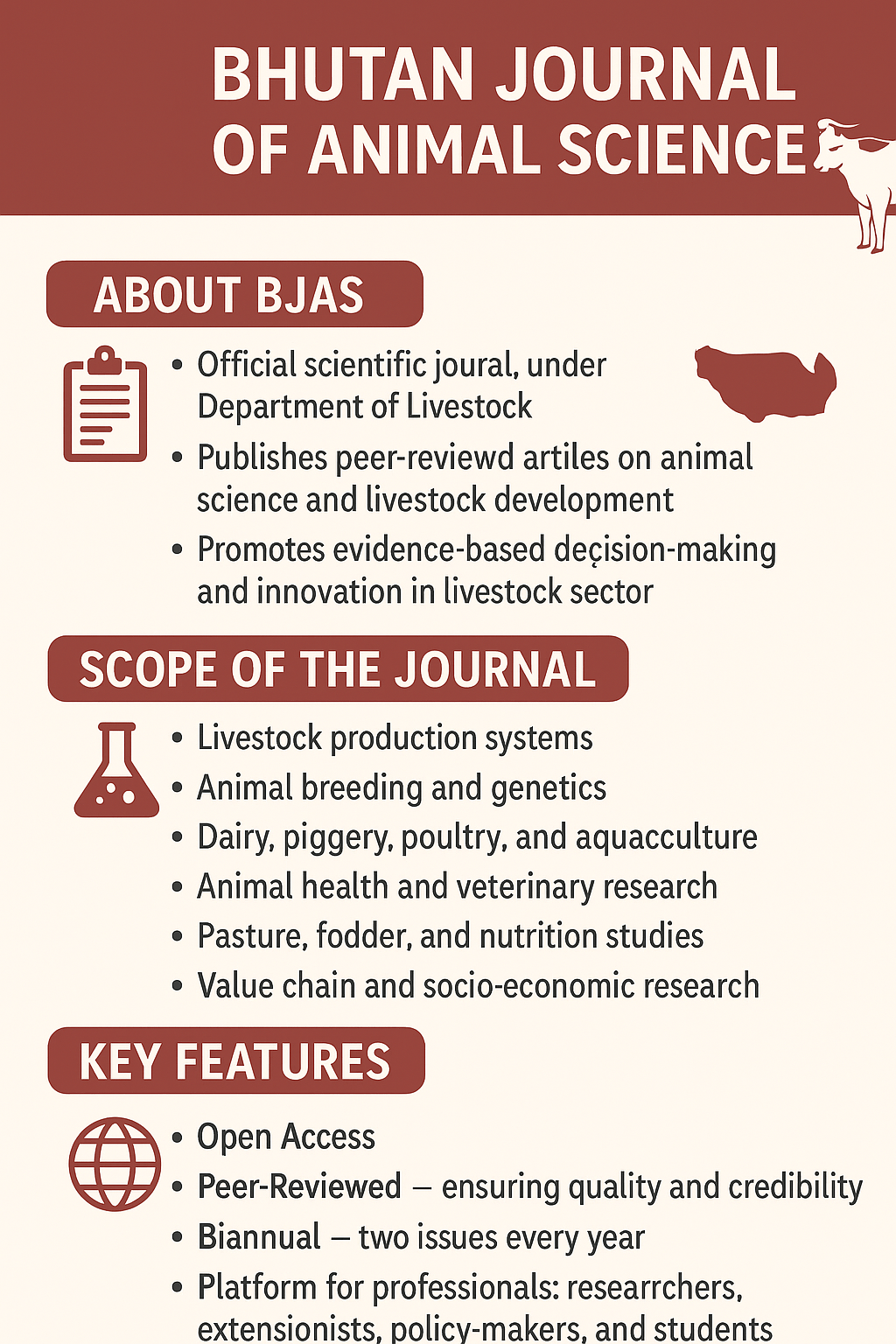![]()
𝐍𝐞𝐰 𝐀𝐝𝐝𝐢𝐭𝐢𝐨𝐧𝐬 𝐭𝐨 𝐭𝐡𝐞 𝐓𝐞𝐚𝐦: 𝐖𝐞𝐥𝐜𝐨𝐦𝐢𝐧𝐠 𝐓𝐡𝐫𝐞𝐞 𝐂𝐨𝐧𝐭𝐫𝐚𝐜𝐭 𝐋𝐢𝐯𝐞𝐬𝐭𝐨𝐜𝐤 𝐏𝐫𝐨𝐝𝐮𝐜𝐭𝐢𝐨𝐧 𝐎𝐟𝐟𝐢𝐜𝐞𝐫𝐬 𝐭𝐨 𝐭𝐡𝐞 𝐃𝐞𝐩𝐚𝐫𝐭𝐦𝐞𝐧𝐭 𝐨𝐟 𝐋𝐢𝐯𝐞𝐬𝐭𝐨𝐜𝐤
𝐅𝐞𝐛𝐫𝐮𝐚𝐫𝐲 𝟔, 𝟐𝟎𝟐𝟒: The Department of Livestock is pleased to announce the addition of three contract Livestock Production Officers (LPOs) to our team. The contract LPOs who were selected through BCSE conducted RCSC will join National Poultry Development Centre, National Piggery Development Centre and Livestock Production Division, DoL.
During their comprehensive orientation, the new recruits were briefed on the technical aspects associated with theDepartment and its three divisions. Additionally, they were acquainted with the diverse programs within the department.
In light of the current staff shortage, we anticipate that the inclusion of these three Contract LPOs will play a pivotal role in addressing the challenge.
Join us in extending a formal welcome to these professionals as we collectively strive for excellence in Livestock Services.
![]()


